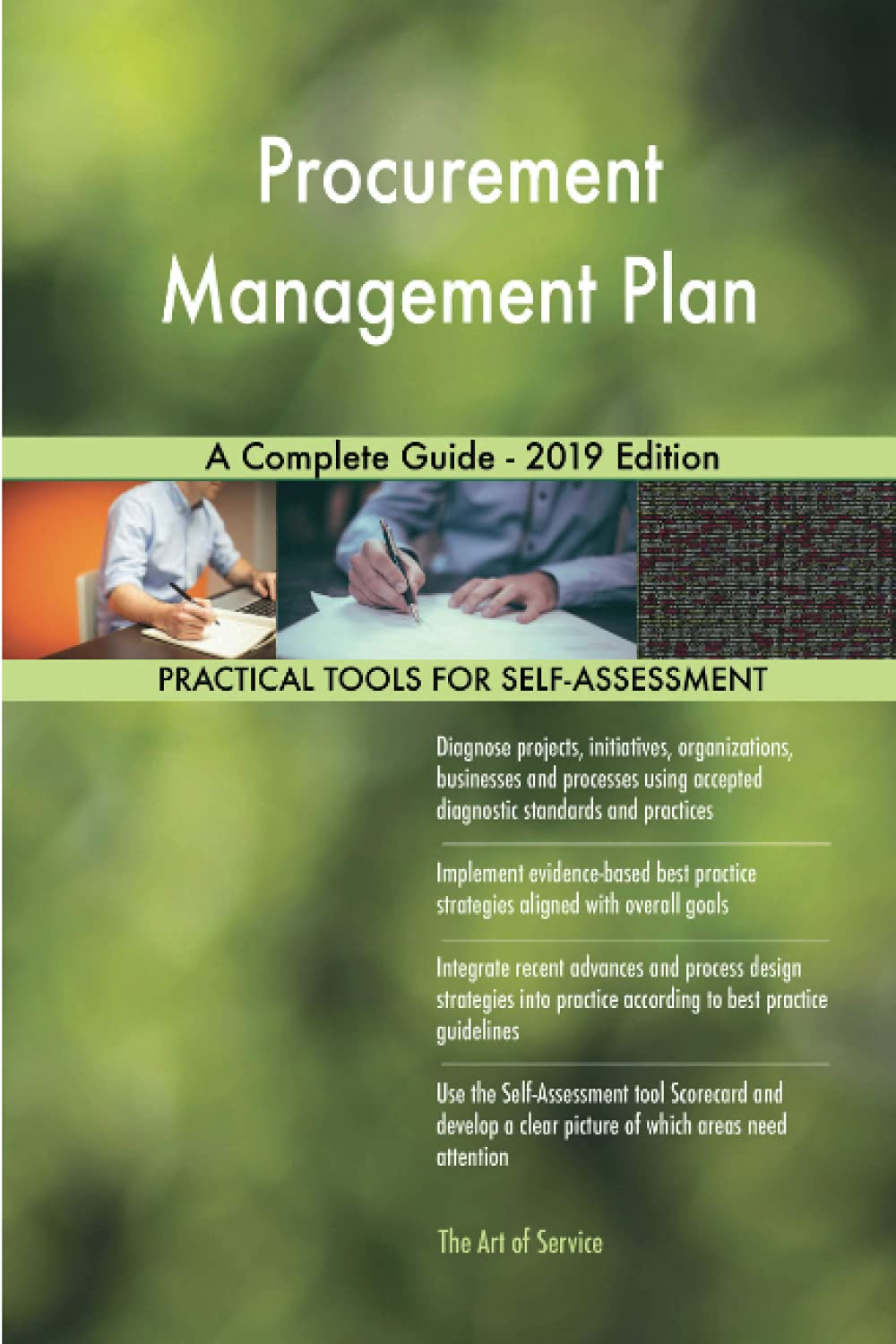
Procurement Management Plan
What is a Procurement Management Plan?
A procurement management plan is a formal document that outlines how a project will acquire goods and services from external vendors. It defines the processes, responsibilities, and tools required to manage procurement activities throughout the project lifecycle. This plan ensures that purchases support project objectives, comply with legal and contractual standards, and remain within budget. It helps project teams identify what they need to procure, how they’ll select suppliers, what type of contracts they’ll use, and how they’ll monitor and control vendor performance. By using this plan, project teams can mitigate risks, prevent delays, and ensure the quality of outsourced work.
Key Points
- Describes what goods or services the project needs from outside sources.
- Details the process for selecting, managing, and closing supplier contracts.
- Specifies roles and responsibilities for procurement-related tasks.
- Includes timelines for procurement activities that align with the project schedule.
- Identifies types of contracts, such as fixed-price or time-and-materials, and explains when to use each.
- Addresses risk management strategies related to third-party suppliers.
- Often includes templates for procurement documents such as request for proposals (RFPs) or vendor evaluation forms.
- Ensures all procurement complies with organizational policies and legal requirements.
Related Terms
- Contract management is the process used to oversee and enforce the terms of agreements made through procurement activities.
- Vendor selection criteria are the standards and methods defined to choose the most suitable supplier during the procurement process.
- Statement of Work (SOW) is a document that clearly defines the deliverables and expectations associated with a procurement agreement.
- Make-or-buy analysis is a decision-making process used to determine whether the project team should perform a task internally or outsource it.
- Procurement audit involves a formal review of procurement processes and decisions to ensure compliance and effectiveness.
Procurement Management Plan: Example
A construction company managing a hospital build creates a procurement management plan to acquire medical equipment and specialized installation services. The plan outlines the vendor selection steps, contract types for long-lead items, and a procurement schedule aligned with project milestones. It also assigns the procurement officer responsibility for vendor communication and contract monitoring. This structured approach helps prevent delays in equipment delivery and ensures vendor accountability.
Procurement Management Plan: Best Practices
- Involve key stakeholders early to clarify procurement needs and approval processes.
- Align procurement timelines with the overall project schedule to avoid bottlenecks.
- Use clear and complete documentation for all procurement activities.
- Establish clear criteria for evaluating and selecting vendors to ensure a consistent and objective process.
- Monitor vendor performance regularly and adjust plans as needed.
- Maintain open and effective communication with suppliers to manage expectations and resolve any issues that may arise.
- Update the plan as project needs or market conditions change.
Additional Resources
Preparing for a PMI certification?
- Exam Prep Courses: PMP®, CAPM®, and PMI-ACP®
- Exam Simulators: PMP®, CAPM®, PMI-ACP®, PMI-PBA®, PMI-RMP®, PMI-SP®, PgMP®, and PfMP®
- Professional Development Units (PDUs): 15, 30, and 60 PDU Bundles




